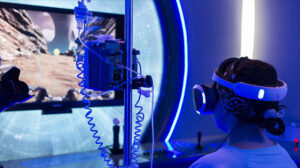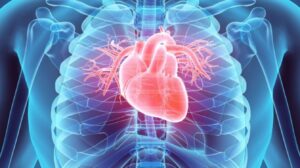The role of AI in cancer detection and treatment

Early detection of cancer is crucial for an effective treatment and for the patient’s survival. Artificial Intelligence is making diagnosis and treatment evolve by leaps and bounds, enabling early and more accurate diagnosis.
Artificial Intelligence can be used in different ways when it comes to detecting this disease. First of all, one of the ways in which AI is present here is in the analysis of medical images. CT scans, MRI scans and PET scans could be analyzed using deep learning algorithms to identify patterns and abnormalities in body tissues. On the other hand, another way in which this tool could be used in cancer detection is through data analysis. Physicians can introduce large amounts of patient data into AI algorithms to make a prediction of disease risk and determine the best course of treatment. Such algorithms can also analyze the results of diagnostic tests and responses to treatment to adjust their plan. Third, another way in which Artificial Intelligence can be used in the detection of this disease is in the development of new therapies. Researchers are taking advantage of technological developments to identify specific molecules that can be therapeutic targets, such as designing personalized drugs for different types of patients. This will not only lead to greater efficacy, but also to a reduction in the side effects of traditional treatments.
Europe is already moving forward and taking into account the technological vanguards for the advancement of this disease. The European Union has funded the “eSMART” project. It uses Artificial Intelligence to develop a system for remote monitoring of the side effects of treatment in patients suffering from breast and/or lung cancer. The system analyzes the symptoms and side effects reported by the patient in real time, which allows the physician to adjust the treatment and personalize it to the patient’s symptoms. eSMART is already being implemented in multiple countries in the European Union such as Spain, Ireland and France. It is expected to have a significant impact on the medical care of cancer patients.




